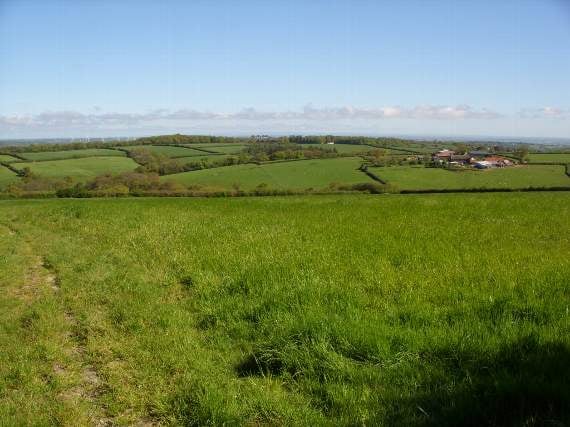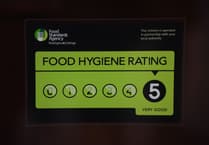Residents and countryside campaigners are celebrating after a government minister overturned planning permission for a controversial farm shop and café beside the A30 at Whiddon Down.
The Devon branch of the Campaign to Protect Rural England (CPRE) joined forces with local residents and West Devon Borough Council to lodge a legal challenge to a planning inspector’s decision to allow the appeal in November.
Applicant Jack Mann’s proposal for a shop, café and storage, toilets, offices and kitchen space on farmland north of the road had previously been turned down by West Devon Borough Council (WDBC).
The Secretary of State for Communities, Housing and Local Government this week agreed that the planning inspector from the Government's Planning Inspectorate had ‘erred in law’ by failing to give opponents an opportunity to comment on a new retail impact assessment produced by the applicant. As a result he quashed the permission granted by the planning inspector on appeal.
The judgment means that the whole process goes back to the planning inspectorate to start afresh, with residents opposing the scheme calling for a full public inquiry.
Whiddon Down resident Catherine Gillard, who helped spearhead the community campaign, said: ‘The Secretary of State’s decision means we have won this round of the battle.
‘The appeal now goes back to the beginning, giving us the opportunity to put forward our views on every piece of evidence put forward by the applicant.
‘We want a proper public inquiry to thoroughly investigate the retail impact and harm this scheme could cause to nearby businesses such as existing farm and community shops, pubs and eateries.’
Penny Mills, director of CPRE Devon, said: ‘This is not a case of nimbyism. The principle that we and others object to is that this development would be in an area designated as open countryside in the recent Local Plan.
‘We are concerned that if it is allowed to go ahead this would open the floodgates to other developments on green fields which the local authorities have agreed should only take place in exceptional circumstances.’
The applicant Mr Mann sais his proposals for a shop and café with associated storage buildings would provide ‘up to 15 full-time jobs’.
He has also pledged to only sell products from the local area, saying ‘we want this to directly benefit the local producers, growers and butchers’.
However, the application, which includes parking for 50 cars, met with fierce opposition among many locals, who felt it would damage existing businesses.
When it came before West Devon Borough Council’s development management and licensing committee last February, eight out of ten councillors went against a planning officer’s recommendation to approve the scheme, apparently because of the scale of local opposition.




